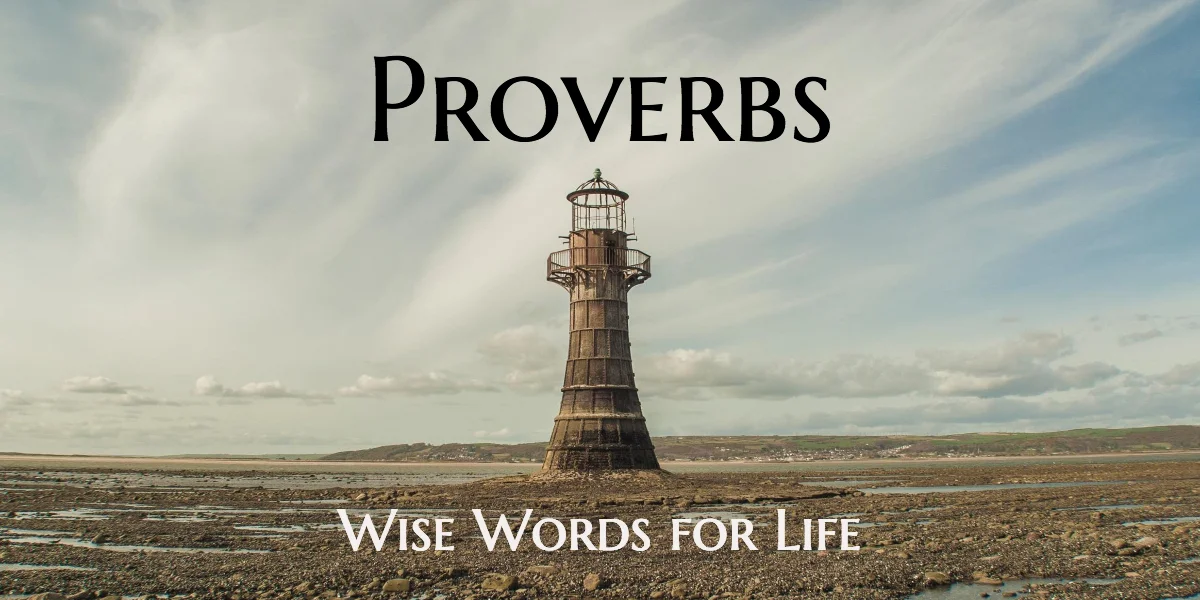Eating too much honey is not good,
and searching for honor is not honorable.Hebrew meaning of this line uncertain.
⌊Like⌋ a city broken into ⌊and⌋ left without a wall,
⌊so⌋ is a person who lacks self-control. (Proverbs 25:27-28 GW)
(Context—Proverbs 25:16-28 GW)
We live in a binary world. Consider how pervasive computers are—huge main frames, desktops, laptops, and handhelds. They all work off a sequence of zeros and ones.
Ok, it’s not quite that simple. A programmer may use different ways to configure things—different programing language or code—but it boils down to manipulating a sequence of zeros and ones to execute some action.
Think of the countless decisions you make in a day. Most decisions are yes–no, either–or. Others weigh the pros and cons of a decision. Still binary. And there’s the classic—Are you a glass half-full or half-empty person?
Why is life in this world so binary? I track it back to the decision in the garden to eat of the Tree of the Knowledge of Good and Evil. Even that decision was a choice between—Do we continue to trust God or believe this clever talking serpent?
They chose the second option. They chose the lie.
Our Struggle
What does all this have to do with these two verses? Each of us struggle to find the somewhat neutral ground of contentment between too much or too little.
Why is this so difficult? Because our self—our ego—our basic nature—never seems to be satisfied. This leaves us open to making poor decisions, pursuing empty promises, or drifting along through life.
Both proverbs are explained with simple illustrations of comparison.
Too much
We know what it’s like to have too much of a good thing. It’s not good. In an earlier verse (Prov 25:16), we’re told eating too much honey makes a person nauseous.
You know the feeling of eating more than you should because it tastes so good—a 2nd or 3rd helping or a rich dessert after a big meal. This applies to more than eating. It’s great to get some sun but too much will make you sick or sunburned or both.
We all want and need honor and respect. The opposite would be shame or contempt. No one enjoys shame or contempt.
When others honor and respect us, it’s a good thing. But when we pursue our own honor or glory, it’s despised by others and tends to bring embarrassment, shame, and disrespect on us.
Too little
It’s not hard to imagine an ancient walled city with broken walls. You’ve either seen it in photos, movies, or digital games. If not, recall the story of ancient Jericho’s walls tumbling down after Israel’s army marched around it for seven days (Josh 6:20).
It would also be similar to the destruction a tornado, hurricane, or earthquake brings. Imagine being in a house where the walls and roof are blown away or broken down leaving you vulnerable to the elements, wild animals, or scavengers and looters.
This is the picture of someone who lacks self-control. We’ve seen what this brings in the life of others and perhaps in our own life.
A lack of discipline leads to many problems—over-eating, over-spending, little to no exercise, too little sleep, and so on. A lack of self-control can lead to things like addictions, broken relationships, excessive worries, poor health, and on and on.
How can we escape the back and forth struggle between too much or too little? Contentment comes with trusting the Lord. Trusting Him instead of our self. We need help with who we are and how we’re wired internally.
Later, in the New Testament book of Galatians, the apostle Paul speaks of this struggle (Gal 5:16-18). He goes on to say the evidence of relying on our self is obvious (Gal 5:19-20) but when we rely on the Lord—His Spirit in us—we gain self-control and a lot more (Gal 5:22-23).
The book of Proverbs is intended to help someone gain wisdom and develop self-discipline. This isn’t about self-improvement or self-reliance but entrusting our self, our decisions, and our deepest needs to the Lord.
Reflection—
Contentment comes with trusting the Lord rather than our self. We don’t need to improve nor rely on ourselves but entrust our decisions, deepest needs, and life to the Lord daily.
Prayer Focus—
When you find yourself caught in the tension between too much and too little, call out to God in prayer. Ask His help with decisions before you make them. He knows your deepest needs, so look to Him as your source of honor and respect—He knows you better than any person on earth.
©Word-Strong_2019
Would you like a free study guide for Proverbs?







